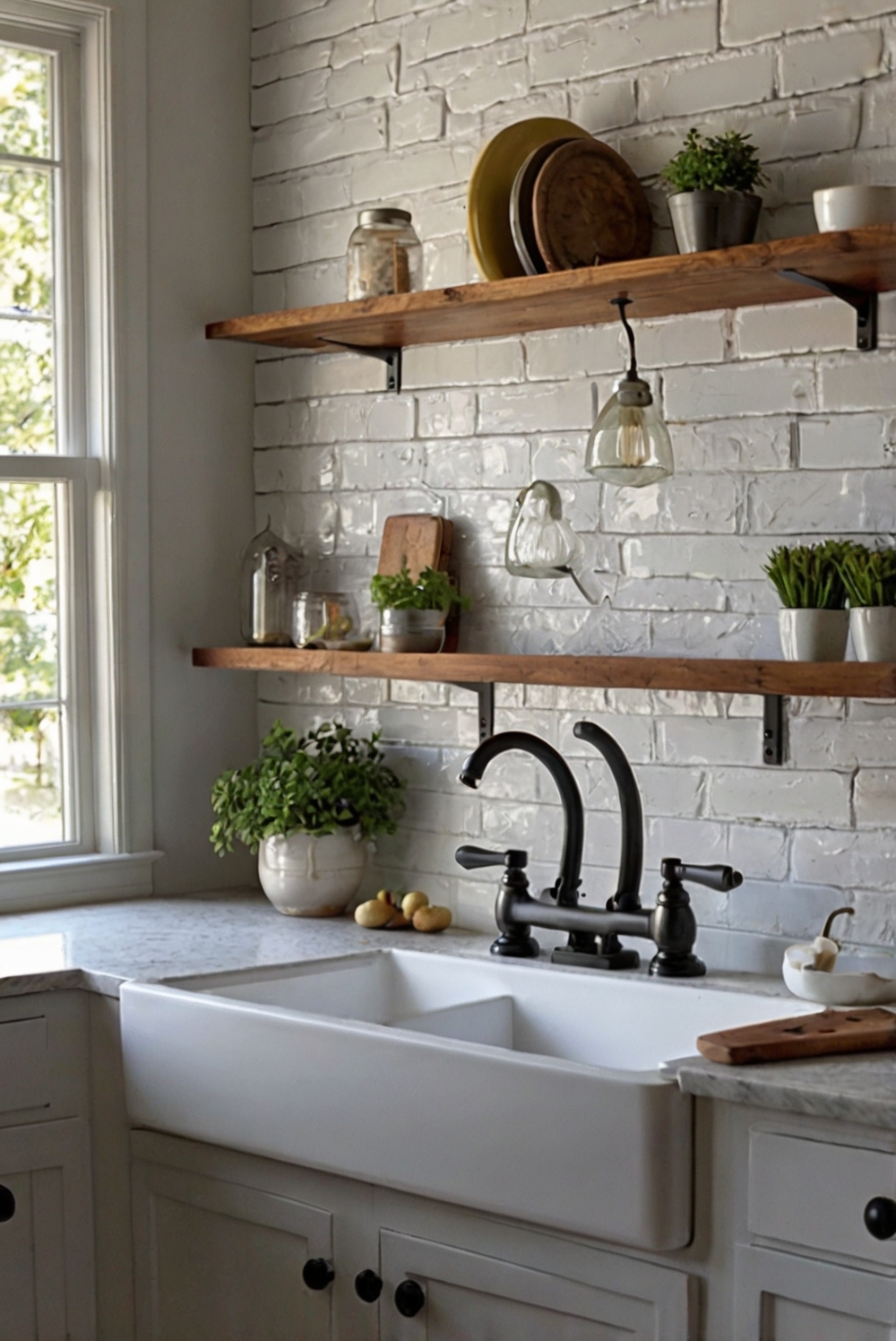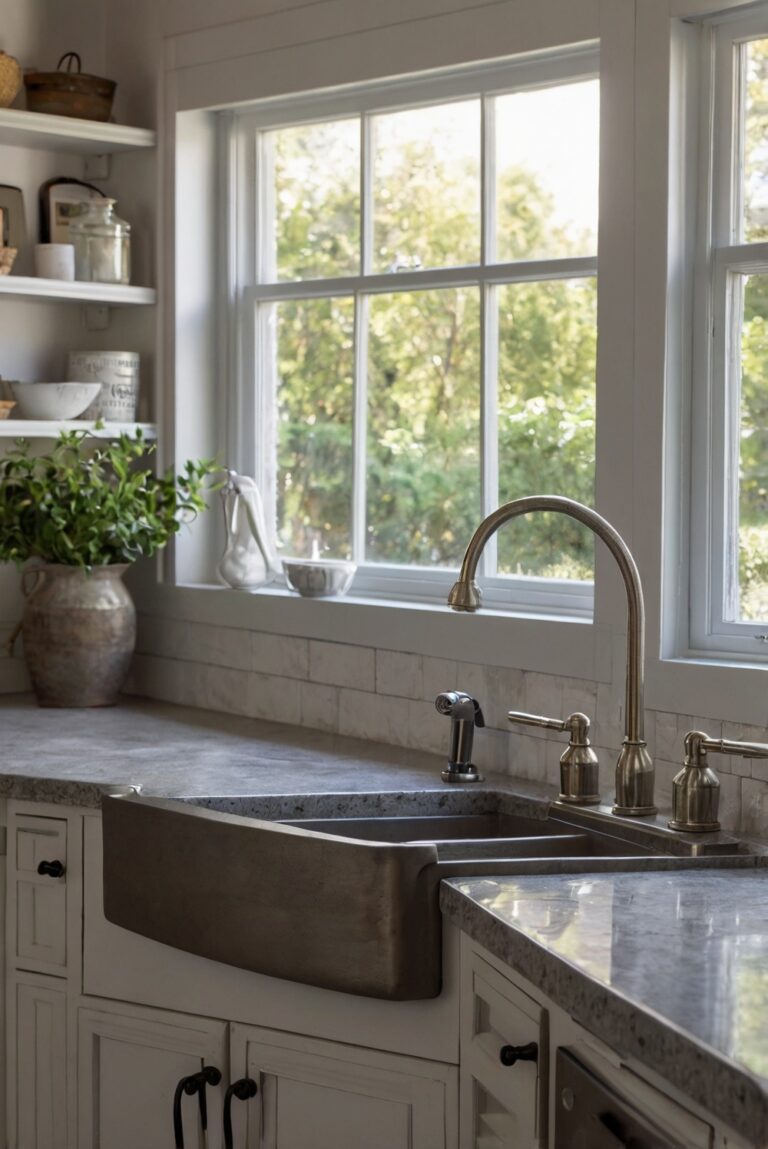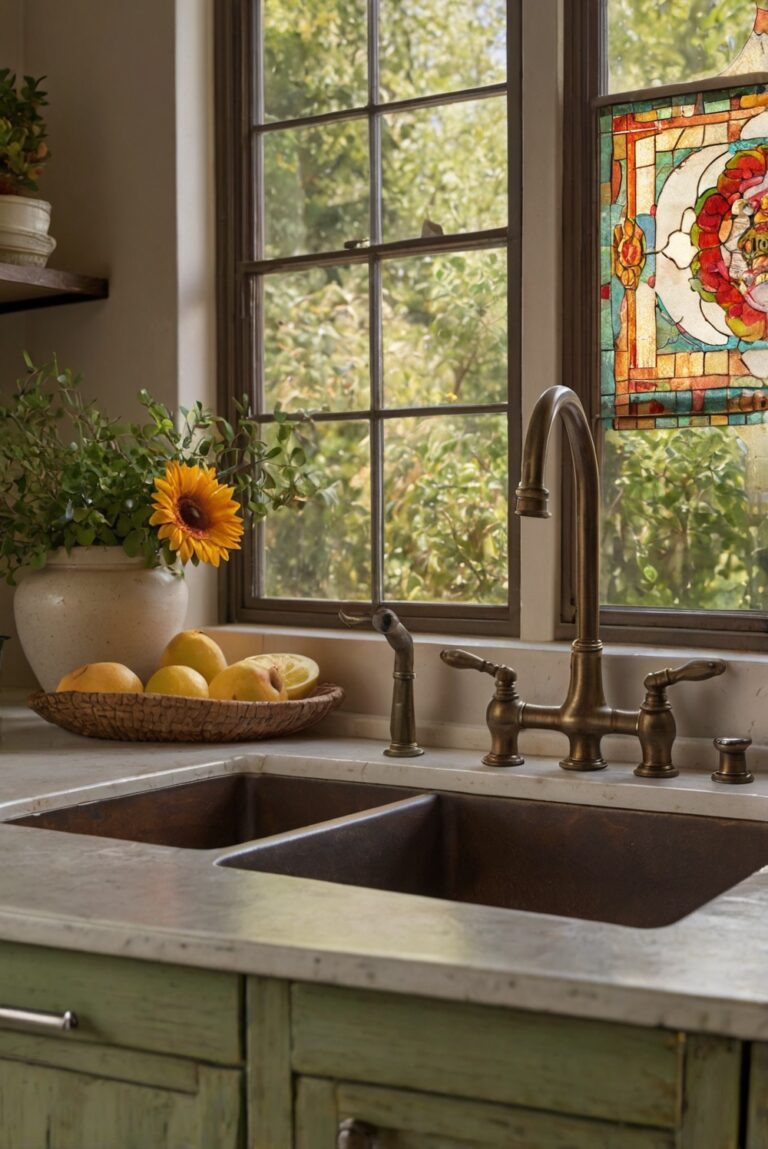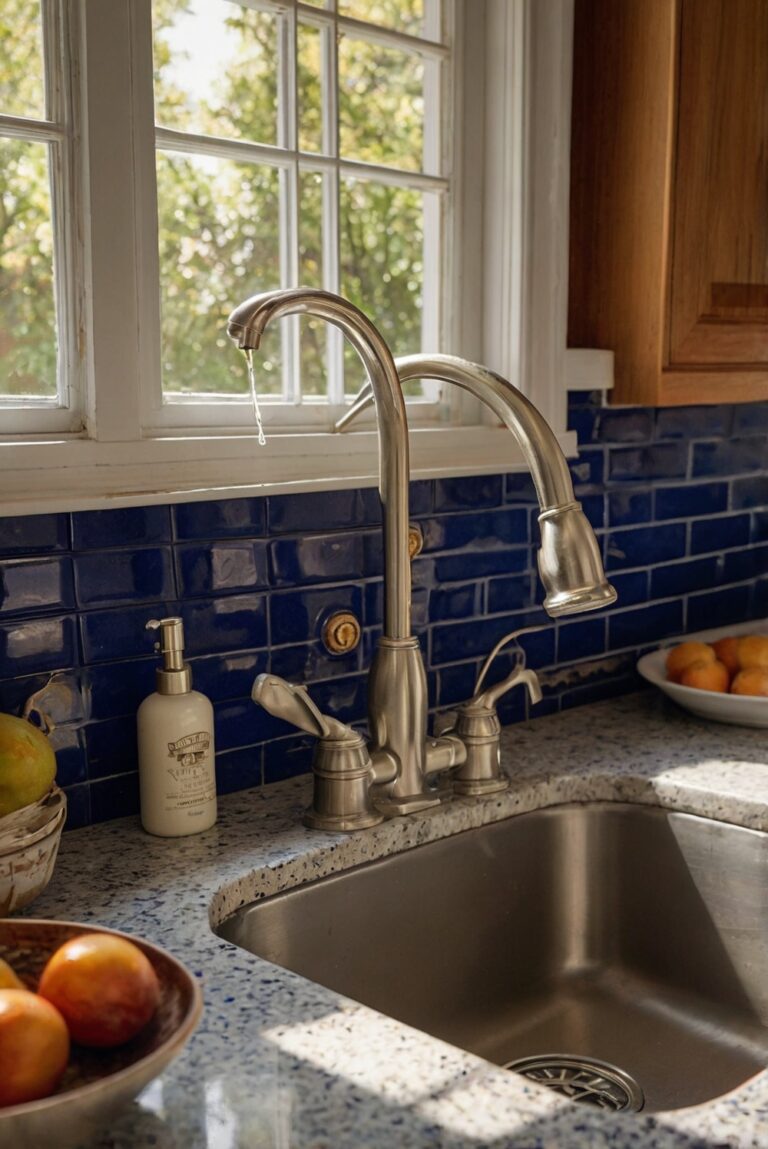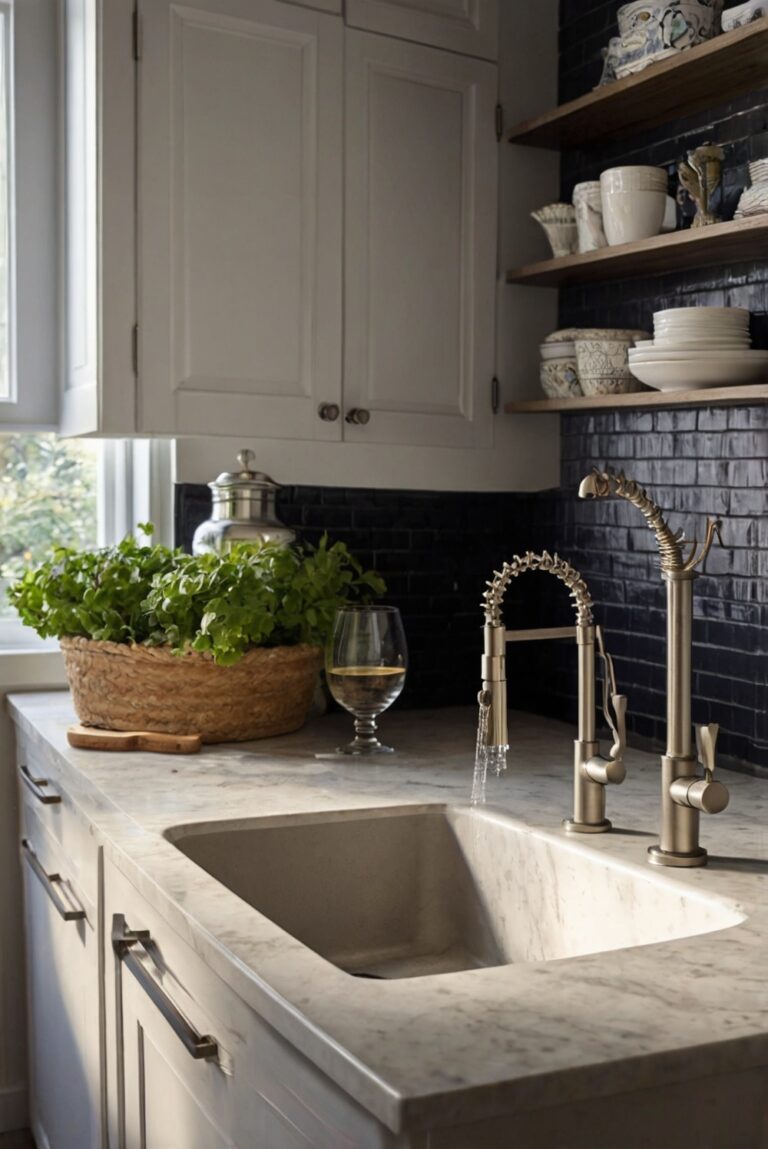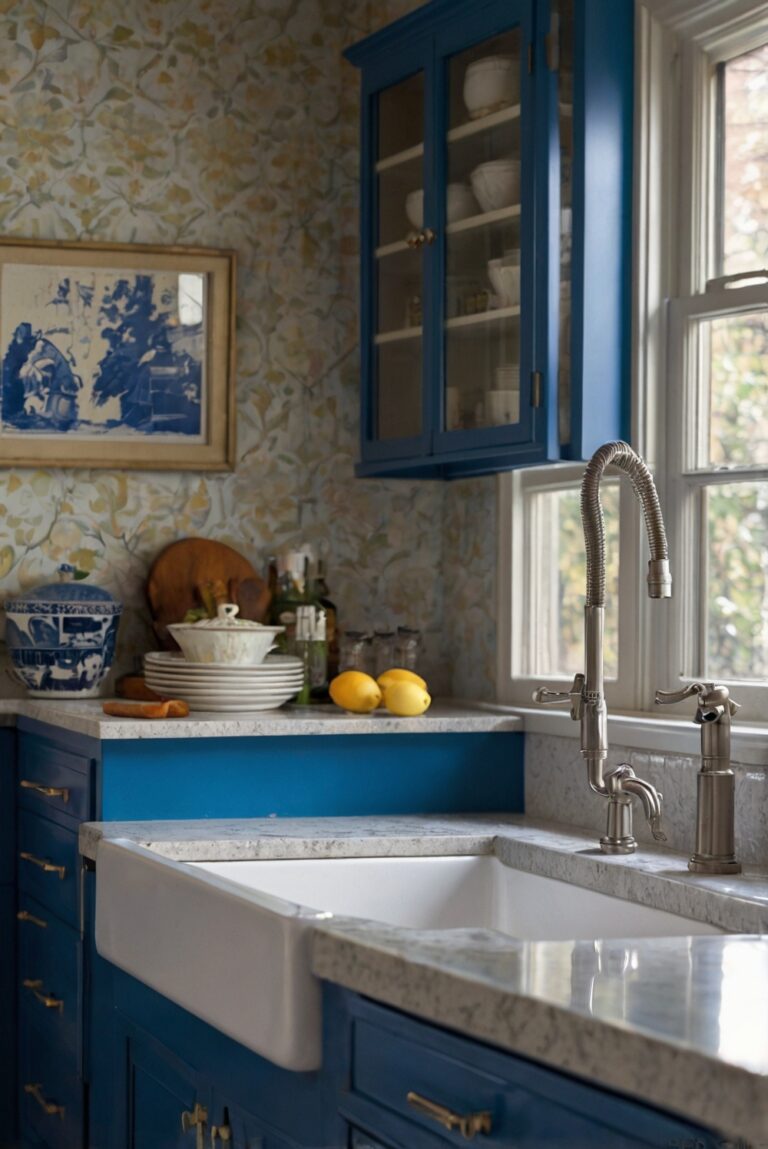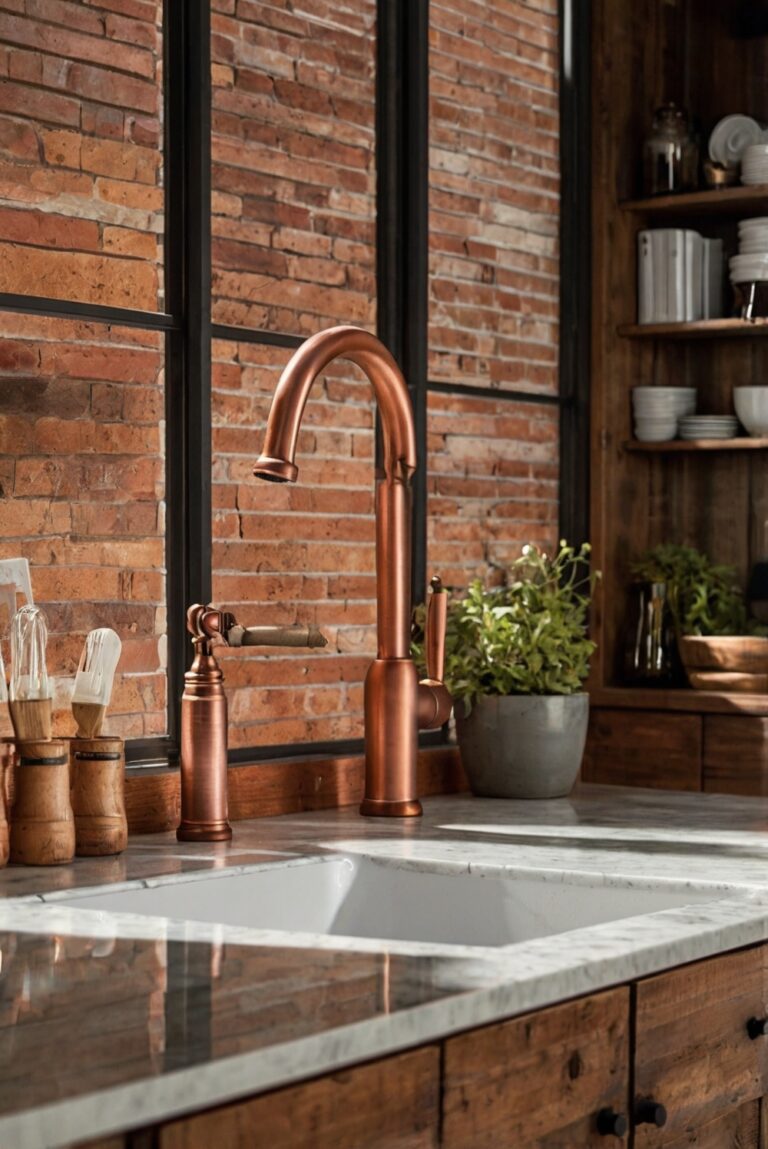Discover the daily work routine of an interior designer and explore the process of installing a kitchen sink. Learn about the pros and cons of DIY versus professional installation.
How to Install a Kitchen Sink: DIY vs. Professional Installation?
DIY installation of a kitchen sink can be a rewarding project for home decorating enthusiasts or those interested in home interior design. It allows you to customize the space planning of your kitchen and showcases your decorating skills. However, professional installation ensures precision in design and avoids common pitfalls that DIYers may encounter.
When considering DIY vs. professional installation, focus on home decor interior design and the functionality of the space. Professionals have expertise in interior bedroom design, designers kitchen layouts, and living room interiors. They can guide you on designer wall paint choices, primer paint for walls, and color matching for a cohesive look. Additionally, they can recommend home paint colors that complement your existing decor.
Ensure that your DIY project aligns with your skill level and time commitment. For more complex tasks like plumbing or countertop cutting, hiring a professional might be the best choice. Ultimately, whether you choose a DIY or professional route, prioritize a well-thought-out design to enhance your space.
ValueHandling DIY installation of a kitchen sink can be a satisfying project for home decorating enthusiasts or those with an interest in home interior design. It provides an avenue to showcase your creativity and interior decorating skills, allowing for personalized space planning and kitchen designs. However, opting for professional installation guarantees precision in design and avoids potential pitfalls that novices may face.
When weighing the options between DIY and professional installation, consider aspects related to home decor interior design and efficient space planning. Professionals bring expertise in areas like interior bedroom design, designing kitchen layouts, and innovative living room interiors. They can offer suggestions on designer wall paint selections, optimal primer paint for walls, and effective color matching techniques for a harmonious color scheme. Moreover, professionals can recommend suitable home paint colors that complement your interior decor.
It is essential to assess your capabilities and availability before embarking on a DIY project. Tasks such as plumbing work or countertop adjustments may require specialized skills best handled by professionals. Ultimately, regardless of your choice between DIY and professional installation, prioritize a well-conceived design plan to elevate the aesthetic appeal of your home interior.
How to Install a Kitchen Sink: DIY vs. Professional Installation?
DIY Installation:
Installing a kitchen sink yourself can be a rewarding project that saves you money. One of the important factors to consider is your level of experience with plumbing tasks. If you have some experience and feel confident in your skills, DIY installation can be a feasible option. However, it is important to note that installing a kitchen sink involves dealing with water supply lines, drainage systems, and proper sealing techniques. Make sure you have the necessary tools and materials before starting the installation process.
Professional Installation:
Hiring a professional for kitchen sink installation provides several benefits. The important advantage is the expertise and experience that professional plumbers bring to the job. They are trained to handle complex plumbing tasks and ensure that the installation is done correctly. Professionals also have access to specialized tools and equipment that may not be readily available to DIY enthusiasts. Additionally, hiring a professional can save you time and effort, as they can complete the installation quickly and efficiently.
Factors to Consider:
When deciding between DIY and professional installation, consider the important factors such as your skill level, time availability, budget, and the complexity of the installation. If you have limited plumbing experience or lack the necessary tools, hiring a professional may be the best option. On the other hand, if you enjoy DIY projects and have the time to dedicate to the installation process, tackling the project yourself can be a rewarding experience.
Cost Comparison:
The cost of installing a kitchen sink can vary depending on whether you choose DIY or professional installation. DIY installation may be more cost-effective initially, as you can save on labor costs. However, if any mistakes are made during the installation process, you may end up spending more on repairs or hiring a professional to fix the issues. Professional installation, while more expensive upfront, provides peace of mind knowing that the job is done correctly the first time.
Conclusion:
In conclusion, the decision to install a kitchen sink yourself or hire a professional ultimately depends on your skill level, time availability, and budget. Both DIY and professional installation have their pros and cons, so weigh the important factors carefully before making a decision. If you choose to go the DIY route, make sure to research and prepare adequately before starting the installation. On the other hand, if you opt for professional installation, ensure to hire a reputable plumber with experience in kitchen sink installations. Whether you choose DIY or professional installation, the goal is to have a functional and aesthetically pleasing kitchen sink that meets your needs.
1. What are the benefits of DIY installation of a kitchen sink over professional installation?
DIY installation of a kitchen sink can save you money as you won’t have to pay for professional services. It also gives you a sense of accomplishment and allows you to customize the installation according to your preferences. However, professional installation ensures that the sink is properly installed, reducing the risk of leaks or other issues. DIY installation requires some plumbing knowledge and tools, so it may not be suitable for everyone.
2. What are the risks of DIY installation of a kitchen sink compared to professional installation?
DIY installation of a kitchen sink can lead to mistakes that may result in leaks, improper sealing, or damage to the sink or surrounding cabinets. Professional installation, on the other hand, is done by experienced plumbers who can ensure that the sink is installed correctly and in compliance with building codes. While DIY installation can be rewarding, it carries the risk of costly repairs if mistakes are made.
3. What tools and materials are needed for DIY installation of a kitchen sink?
For DIY installation of a kitchen sink, you will need basic tools such as a wrench, screwdriver, tape measure, and plumber’s putty. Materials required include the sink, faucet, drain assembly, silicone caulk, and pipe fittings. Depending on the type of sink and installation method, additional tools like a jigsaw or pipe wrench may be needed. It’s important to have all the necessary tools and materials ready before starting the installation to ensure a smooth process.
4. What are the steps involved in DIY installation of a kitchen sink?
The steps involved in DIY installation of a kitchen sink include removing the old sink, preparing the countertop for the new sink, installing the faucet and drain assembly, attaching the sink to the countertop, connecting the water supply lines, and checking for leaks. Each step requires careful attention to detail and precision to ensure that the sink is properly installed. Following manufacturer instructions and building codes is essential for a successful DIY installation.
5. When should you consider hiring a professional for the installation of a kitchen sink?
If you lack plumbing knowledge or experience, or if the installation requires complex modifications to the plumbing system, hiring a professional plumber is advisable. Additionally, if the sink is part of a larger kitchen renovation project that involves electrical work or structural changes, professional installation may be necessary. A professional plumber can ensure that the sink is installed correctly, minimizing the risk of leaks or other issues that could arise from DIY installation. It’s important to weigh the complexity of the installation and your own skills before deciding whether to hire a professional.

